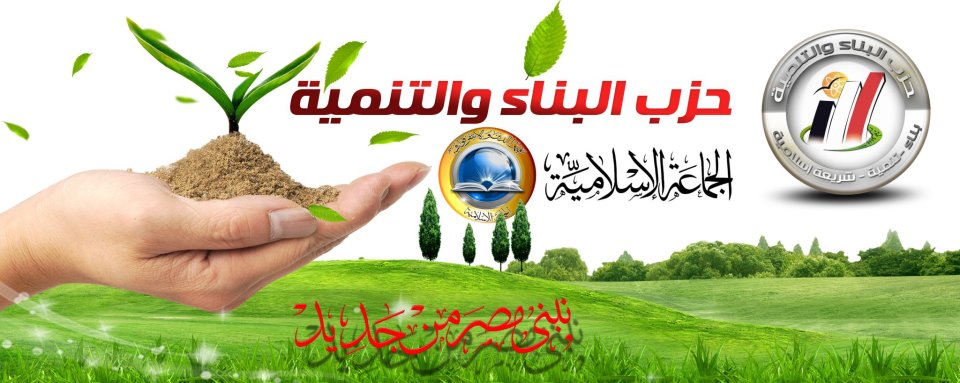Egypt’s President Abdel Fattah Al-Sisi received UAE President Sheikh Mohamed bin Zayed in Cairo on Wednesday for an official visit.
The UAE leader and his accompanying delegation were greeted on their arrival at Cairo International Airport by the Egyptian President.
“I had the pleasure of meeting with my brother President Abdel Fattah Al-Sisi in Cairo today. We explored opportunities to further strengthen the deep-rooted ties between the UAE and Egypt, and discussed our shared interest in promoting regional stability and progress,” the UAE President tweeted.
The Egyptian presidency said the two leaders were expected to meet in Cairo.
The delegation accompanying UAE’s President include Sheikh Mansour bin Zayed Al Nahyan, Vice President, Deputy Prime Minister and Minister of the Presidential Court; Sheikh Hamdan bin Mohamed bin Zayed Al Nahyan; Sheikh Sultan bin Hamdan Al Nahyan, Adviser to the UAE President; Sheikh Mohammed bin Hamad bin Tahnoun Al Nahyan, Advisor for Special Affairs at the Ministry of Presidential Court; Ali bin Hammad Al Shamsi, Secretary-General of the Supreme Council for National Security; and Mariam Al Kaabi, UAE Ambassador to Egypt.
Also, present at the reception were Egypt’s Prime Minister; Mostafa Madbouly, Sameh Shoukry, Egyptian Minister of Foreign Affairs; Mohamed Shaker, Egypt’s Minister of Electricity and Renewable Energy; Hala El Said, Minister of Planning and Economic Development; Abbas Kamel, Director of the General Intelligence Service; and Counsellor Ahmed Fahmy, Spokesperson for the Egyptian Presidency.
Sheikh Mohamed and the accompanying delegation then travelled to the Al Ittihadiya Presidential Palace.
In February, Al-Sisi visited Abu Dhabi during a working trip to the UAE to attend the World Government Summit in Dubai.
The UAE is one of Egypt’s major Arab allies and financial backers. The two countries are bound by vast economic and military ties.
The two leaders often consult each other on regional and international issues of mutual concern.
Since the Russia-Ukraine war began, Egypt, similar to the rest of the world, has been affected by its impacts, especially since 82% of its wheat imports over the last five years originated in Russia and Ukraine.
The war, now in its second year, has pushed up food and energy prices worldwide, adding another layer to Egypt’s economic woes.
Since March 2022, the value of its currency has almost halved. The inflation rate has reached its highest level ever in the North African nation, amid a persistent foreign currency shortage.
The Egyptian government is hoping that Gulf sovereign funds would buy stakes in 32 companies and banks which Cairo announced earlier this year would be available for partial privatisation.




